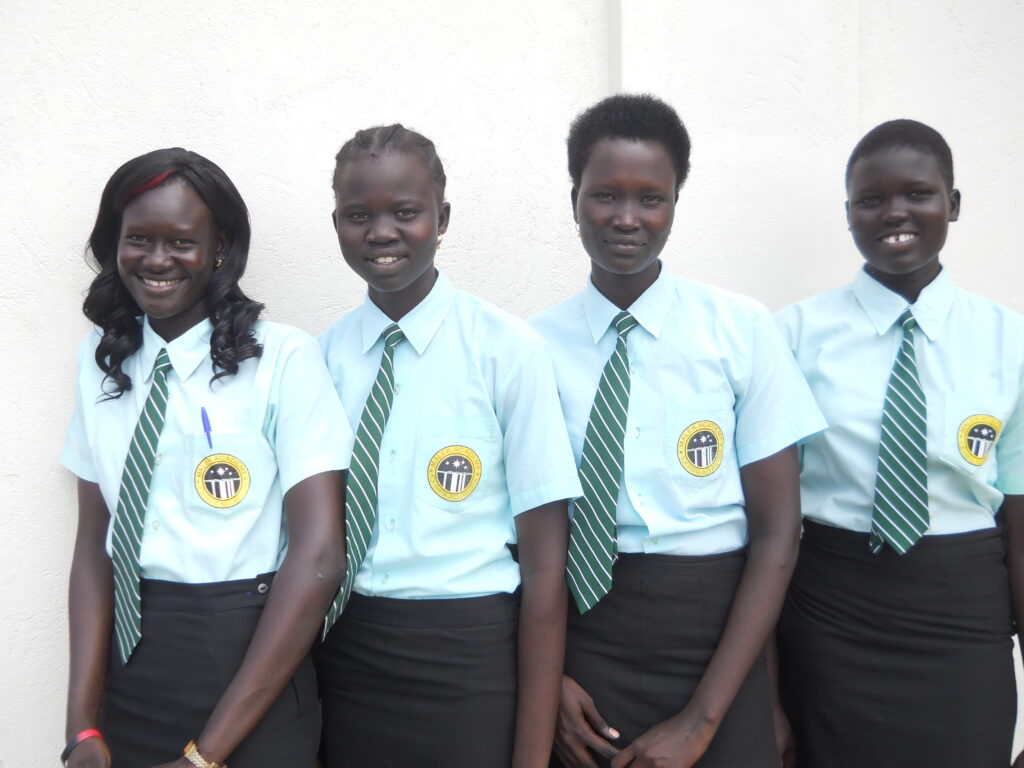Daniel Majok Gai, Director of Project Education South Sudan (PESS), a local NGO supporting girls' education in Jonglei State, said there is a significant decline in enrollment of girls in rural schools since the outbreak of war in 2013.
After the 2005 peace agreement, a group of South Sudan lost boys in America, established the organization to raise funds to support girl child education in rural villages of Jonglei State.
“Before the crisis of 2013, we had over 3,000 students that we were supporting in those communities in rural areas. After the crisis, people ran away in those rural areas for safety and the population there is very small in those areas as we talk, “said Majok in an interview with Radio Tamazuj.
Majok further said that most of the parents moved to urban areas and they are unable to pay schools fees.
Majok pointed out that their organization was able to build four schools in villages of Jonglei state to reduce illiteracy rate among women in South Sudan.
However, he said the schools were closed due to insecurity situation in the state, saying the population around the schools deserted the area and moved to towns for safety.
PESS director revealed that they have traced some girls who migrated into Bor town and Juba as well other major towns of South Sudan to further their studies.
Majok noted that their initiative has sponsored 50 girls, adding that there are more than 130 others on the waiting list.
Meanwhile, Abuk Ayen Ayuen, a high school graduate who was supported by PESS, said she fled together with her family to displaced camps in Lakes states in 2013.
She called on the government to prioritize girl child education, especially in rural areas so that they can have equal chances like their sisters in towns.
“We have limited opportunity as girls particularly we women in the rural areas, but whenever we have quality education, we would like to be leaders in this country,” said Abuk.
“We want to be ministers, lawyers and whatever profession men do, we can do as women in this society,” she added.
Anna Angeth Awan, a beneficiary of PESS, said she started her school in the village before her family relocated to Bor town where she continued with her studies.
Angeth further said she found most of her colleagues in Bor town redundant.




